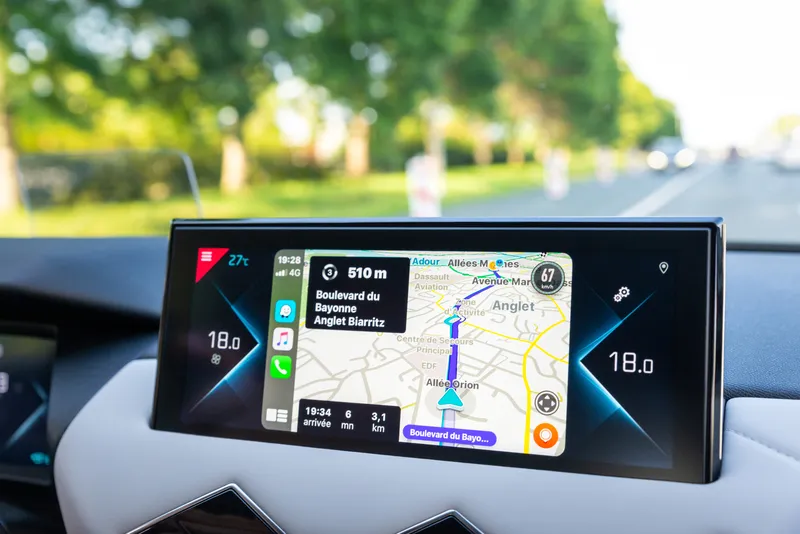
US railway company Norfolk Southern has relaunched a safety campaign using Waze's mobile app to provide tips to drivers approaching railroad crossings.
It says there is an accident involving a person or vehicle and a train every three minutes in the US.
“This partnership gives us a chance to reach people that may not otherwise receive these safety messages and with 30 million Waze users in the United States alone, that is powerful," says Jason Morris, Norfolk Southern's assistant vice president safety and environmental.
"Accidents with trains may not get the same attention in this country as highway incidents, but they almost always have negative consequences for everyone involved.”
The company emphasises that its campaign is independent of recent work by the Federal Railroad Administration to supply rail crossing data to the Waze app.
Norfolk Southern is focused on public awareness, targeting nine areas which contain 749 crossings and have recorded 1,383 vehicle-to-rail incidents - 420 of them since 2000.
The areas in question include Fort Wayne (Indiana), Greensboro (North Carolina) and Lancaster (Pennsylvania), Chattanooga (Tennessee) and Spartanburg (South Carolina).
"Leveraging the Waze app allows us to select areas of our system where we have significant train volume and a history of highway vehicle-train incidents," said Norfolk Southern public safety director Will Miller.
"By using a zero speed takeover, Waze users within a defined geographical boundary will see a safety message on their device when their vehicle is stopped. It will say either 'Tracks nearby. Be smart. Be safe,' or 'Your Safety Starts with You. Cross Carefully.' These messages are intended to urge people to think about how they behave around train tracks and to make the right decision to keep themselves and anyone in the vehicle safe."
The campaign relaunch coincides with Rail Safety Week, taking place this week as part of an international awareness effort led by non-profit organisation Operation Lifesaver.










